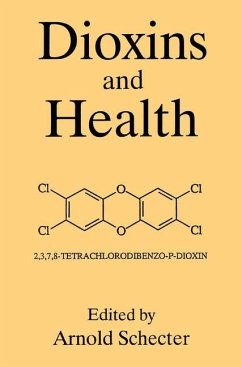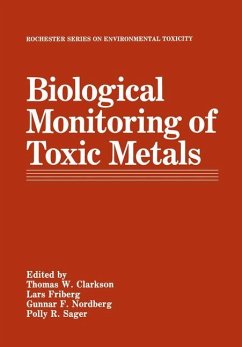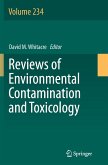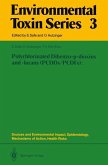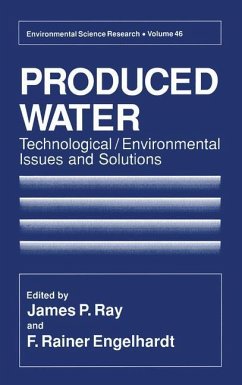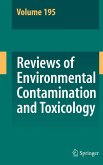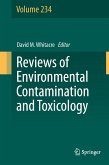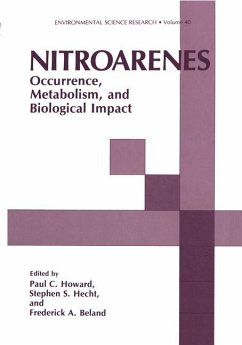This book originated in a series of cross-disciplinary conversations in the years 1984-1990 between the editor, who is a physician-researcher involved in clinical and laboratory research, and a dioxin toxicologist. During the years in which the conversations took place, an extraordinary amount of new scientific literature was published related to dioxins, defined for purposes of this text as the chlorinated dibenzo-p-dioxins, dibenzofurans, polychlorinated biphe nyls (PCB's) and other compounds that are structurally and toxicologically similar to 2,3,7,8-tetrachlorodibenzo-p-dioxin (2,3,7 ,8-TCDD), the most extensively studied and most toxic of this group of chemicals. Dioxins also began to interest not only chemists and toxicologists, but also specialists from diverse disciplines such as wildlife and environmental science, immunology, neuroscience,public health, epidemiology, med icine, government, law, sociology, and journalism. Specialists from such varied disciplines, while familiar with their own literature, frequently did not have time to follow the dioxin literature outside their specialty area. In addition, each specialty had unique knowledge, methods, and perspectives. Cross disciplinary conversation was necessary, but all too frequently, specialists from the various disciplines did not speak the same language, resulting in misunderstanding.
Bitte wählen Sie Ihr Anliegen aus.
Rechnungen
Retourenschein anfordern
Bestellstatus
Storno

